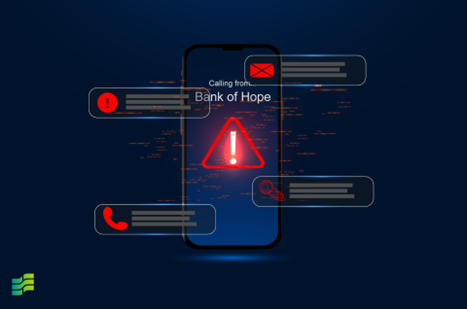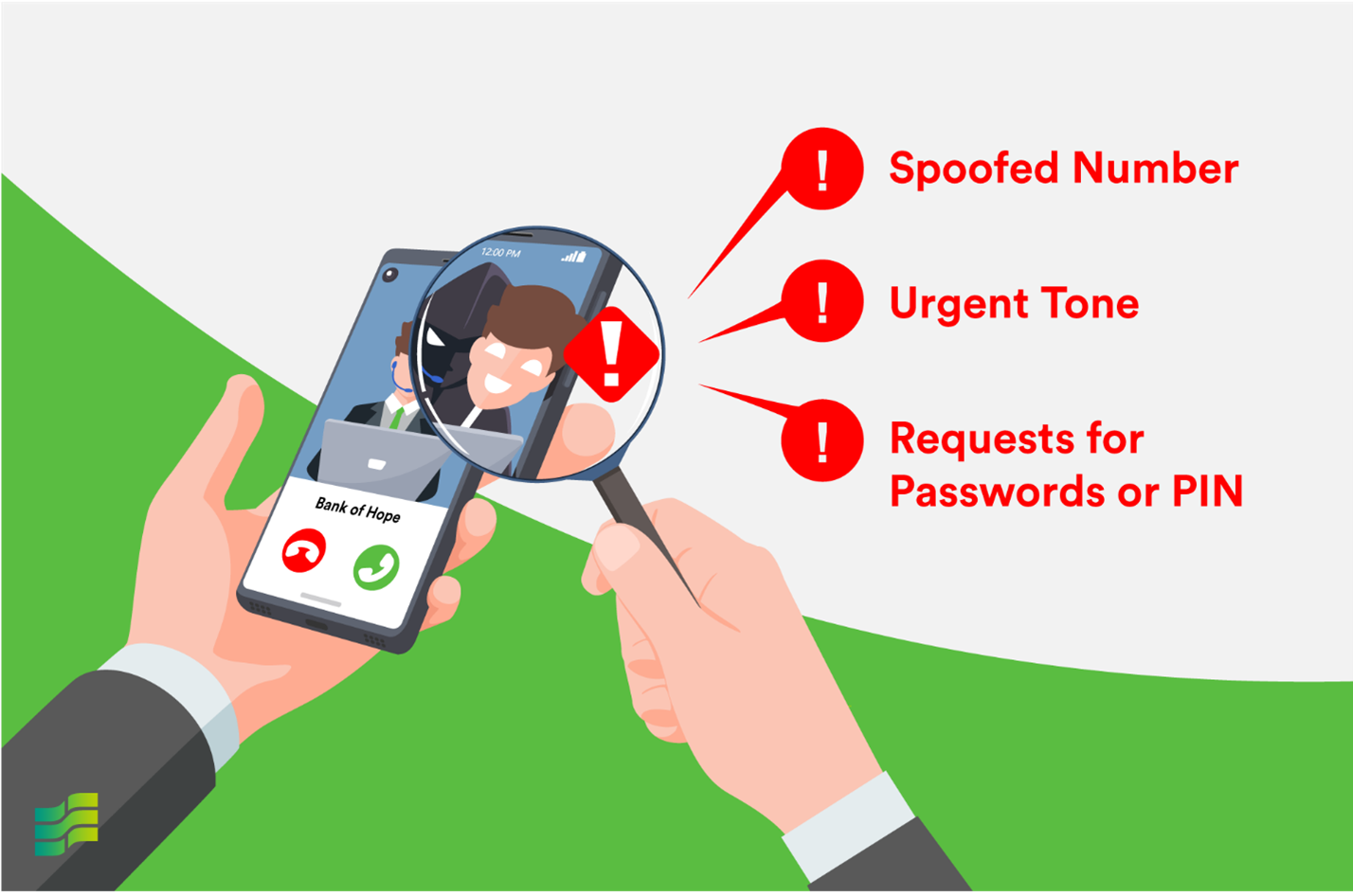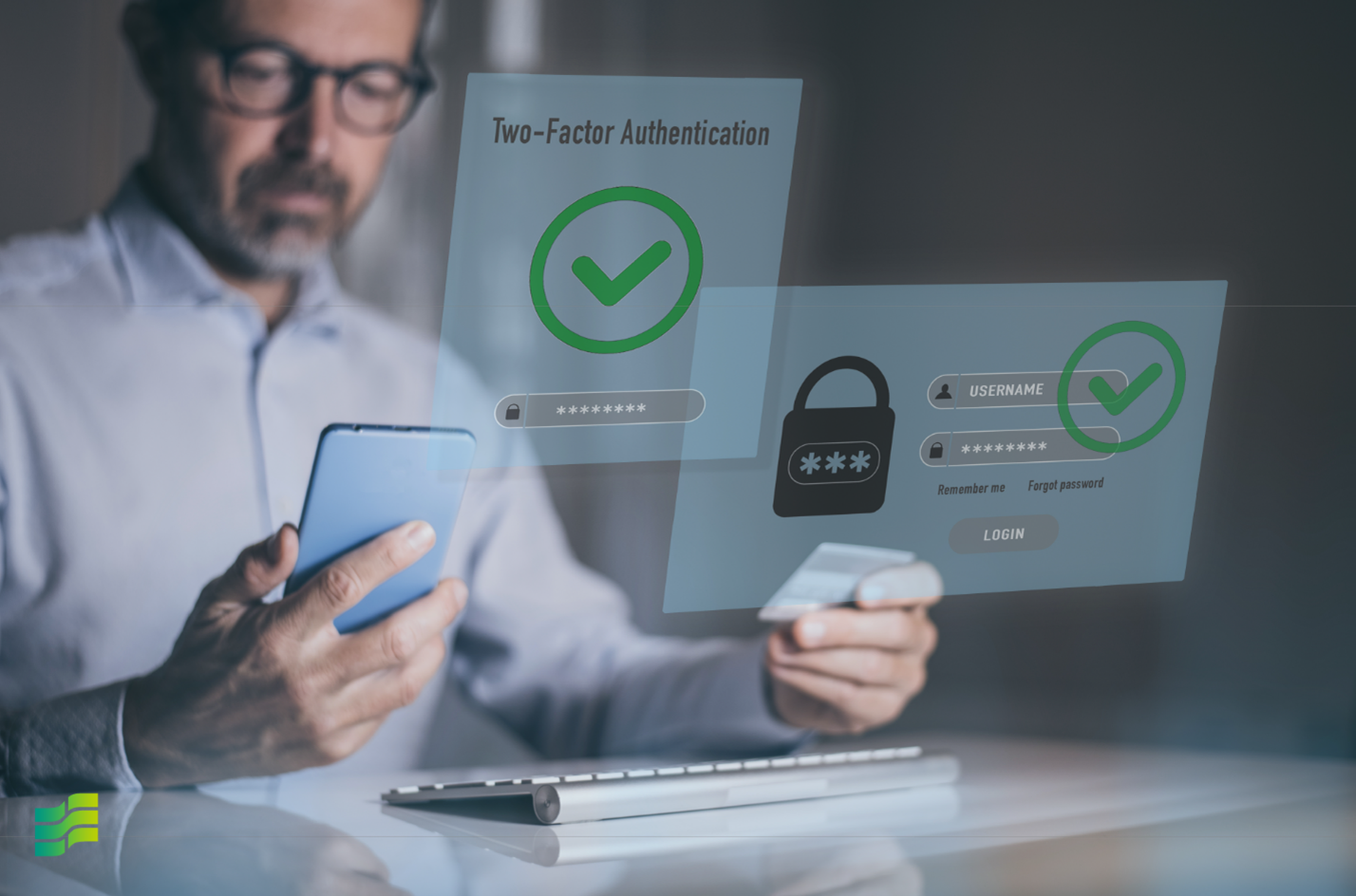Safe at Home: Prevent Fraud and Avoid Scams

Information Security Team, Bank of Hope
Don’t Take the Bait: How to Spot and Stop Voice Phishing (Phone) Scams
Protecting Yourself from Fraudulent Calls Pretending to Be Your Bank
You’ve probably heard the phrase “If it sounds too good to be true, it probably is.” But what if the voice on the other end of the phone sounds serious, professional, and even… familiar?
In recent months, a few customers have reported receiving phone calls that appear to come from Bank of Hope, asking for personal or account information. These calls are not just annoying, they’re dangerous. They’re part of a rising trend known as voice phishing, or “vishing,” and they’re designed to trick you into giving away your sensitive financial data.
At Bank of Hope, your security is our top priority. That’s why we’re here to help you understand how these scams work, how to recognize them, and what to do to protect yourself and your loved ones.

What Is Voice Phishing (Vishing)?
Voice phishing is a type of scam where fraudsters impersonate trusted organizations—like your bank—to manipulate you into revealing personal information over the phone. The caller might say there’s a problem with your account, suspicious activity on your card, or that they need to “verify your identity.”
These scammers often:
Important: Bank of Hope will never call and ask you for this information over the phone.

Common Red Flags to Watch For
Recognizing the signs of a vishing scam is the first step to protecting yourself. Here are some of the most common red flags:
If something doesn’t feel right, trust your instincts. Hang up and call the bank directly using the number on the back of your debit card or on our official website.

How to Protect Yourself from Vishing
Here’s how you can keep your personal and financial information safe.
What to Do If You Think You’ve Been Targeted
If you’ve received a suspicious call or believe you may have given information to a scammer:
Bank of Hope Is Here for You
We understand how convincing scammers can sound, and how unsettling it is to be targeted. But you’re not alone. Bank of Hope has fraud detection tools, security protocols, and a dedicated team working around the clock to help protect your accounts.
We also encourage you to visit our website regularly for updates on the latest fraud trends and tips to keep your financial information safe.
Your Best Defense Is Awareness
Voice phishing scams are evolving, but so are your defenses. By staying alert, asking questions, and refusing to share sensitive information over the phone, you can stay one step ahead of fraudsters.
Remember: If something doesn’t feel right, it probably isn’t. Hang up and verify.
Your security is our priority, because your trust is what we value most.


